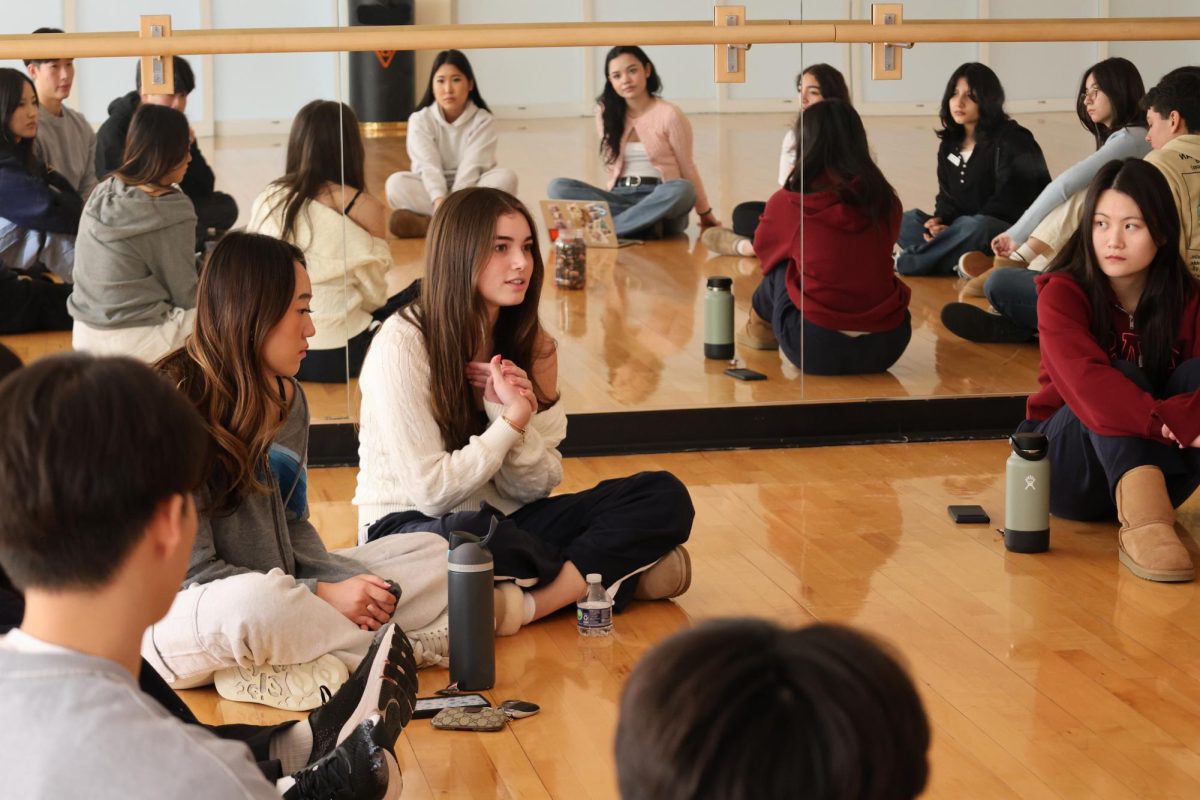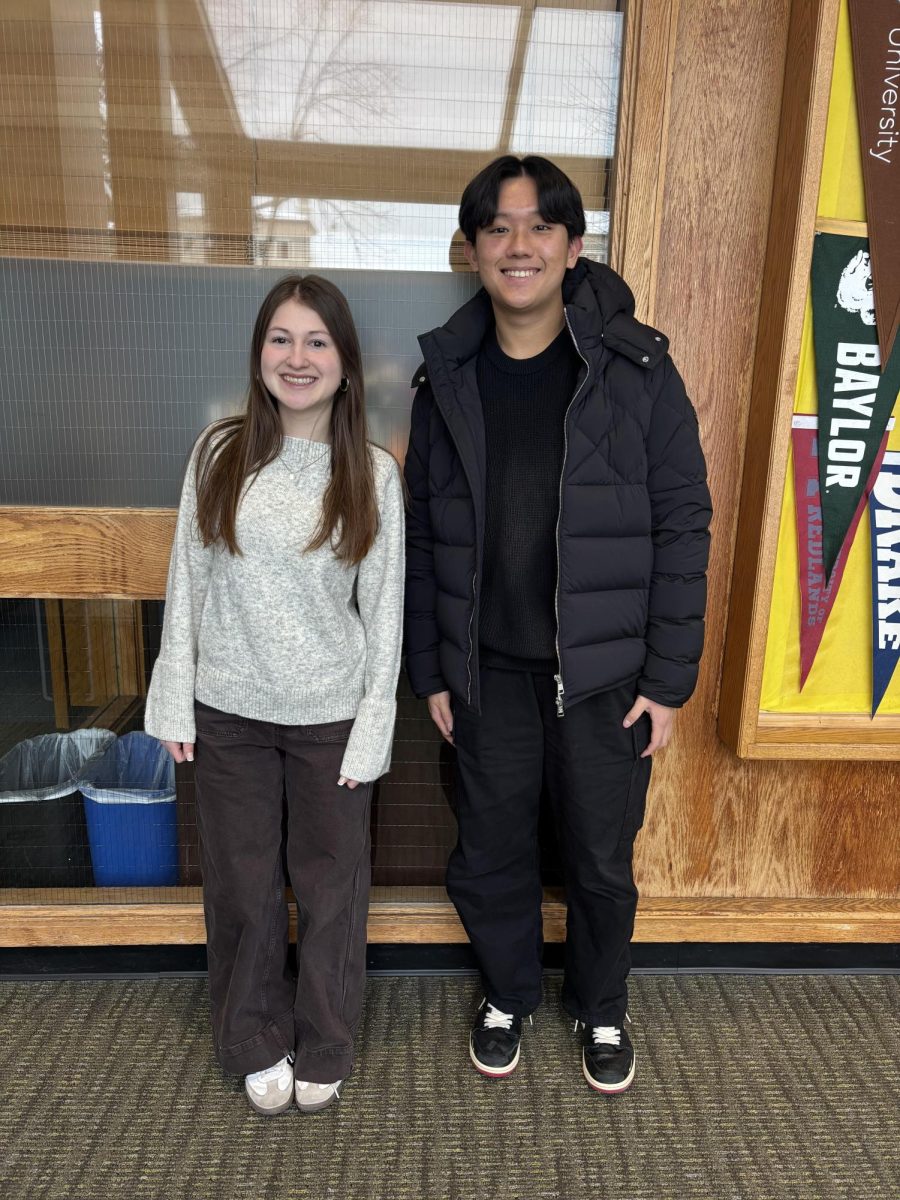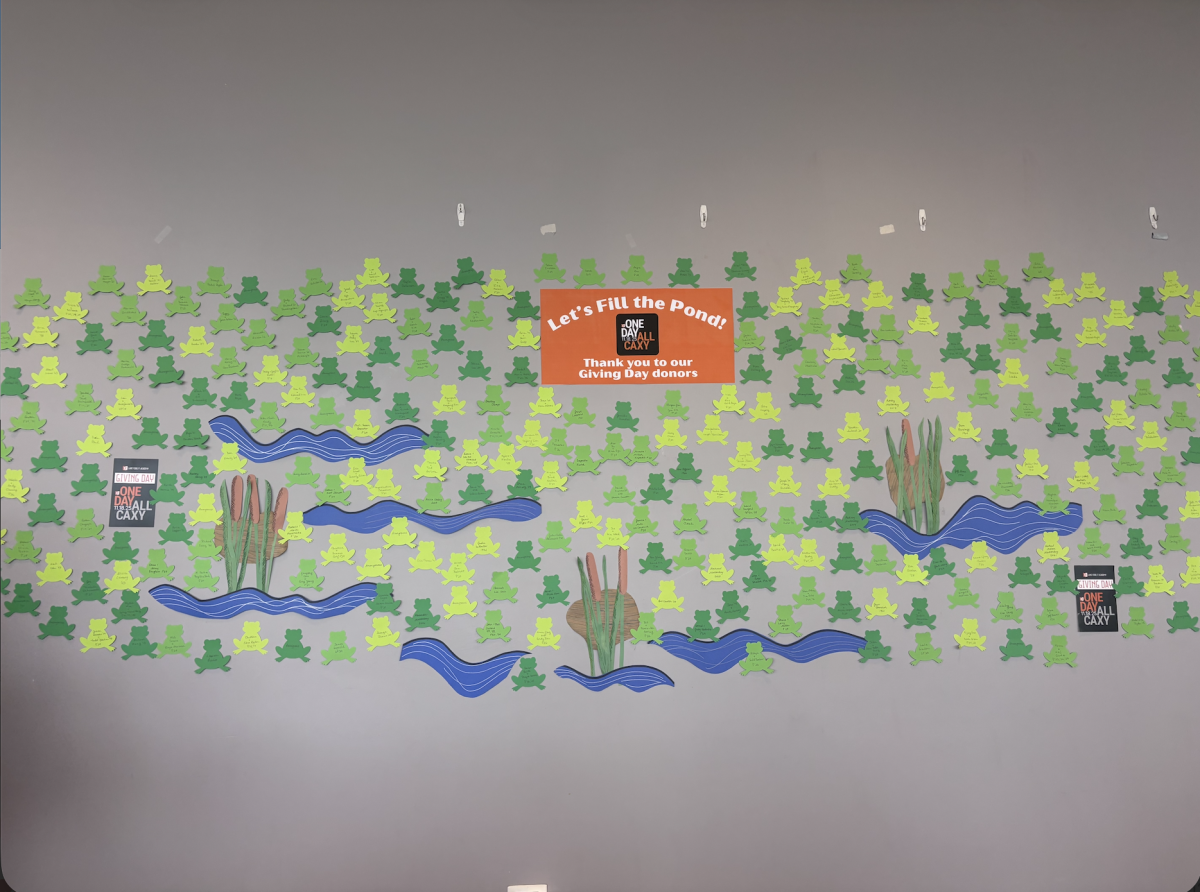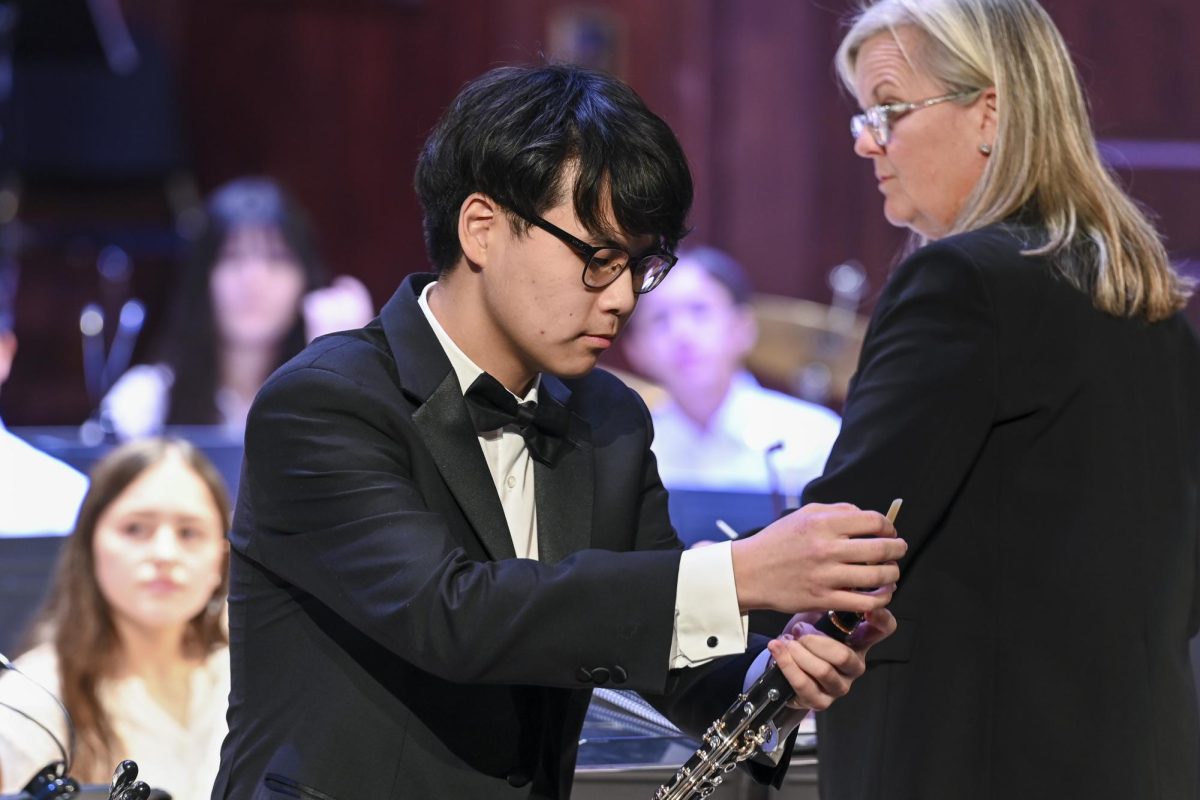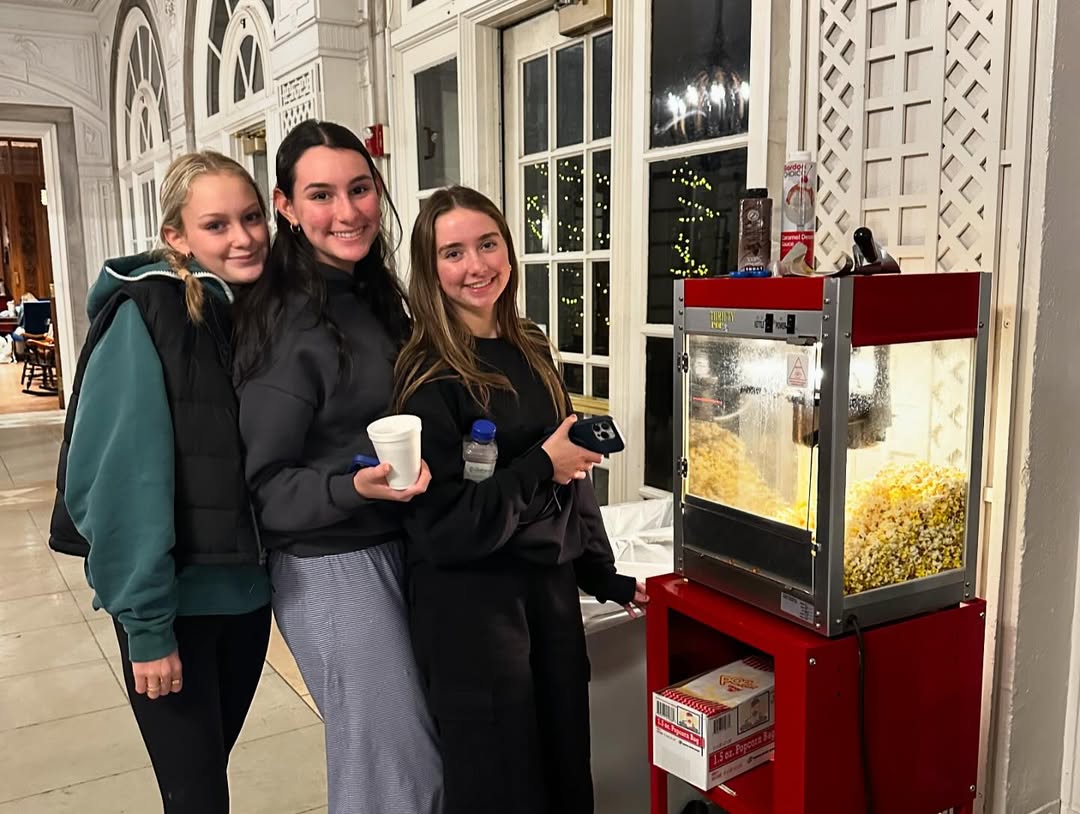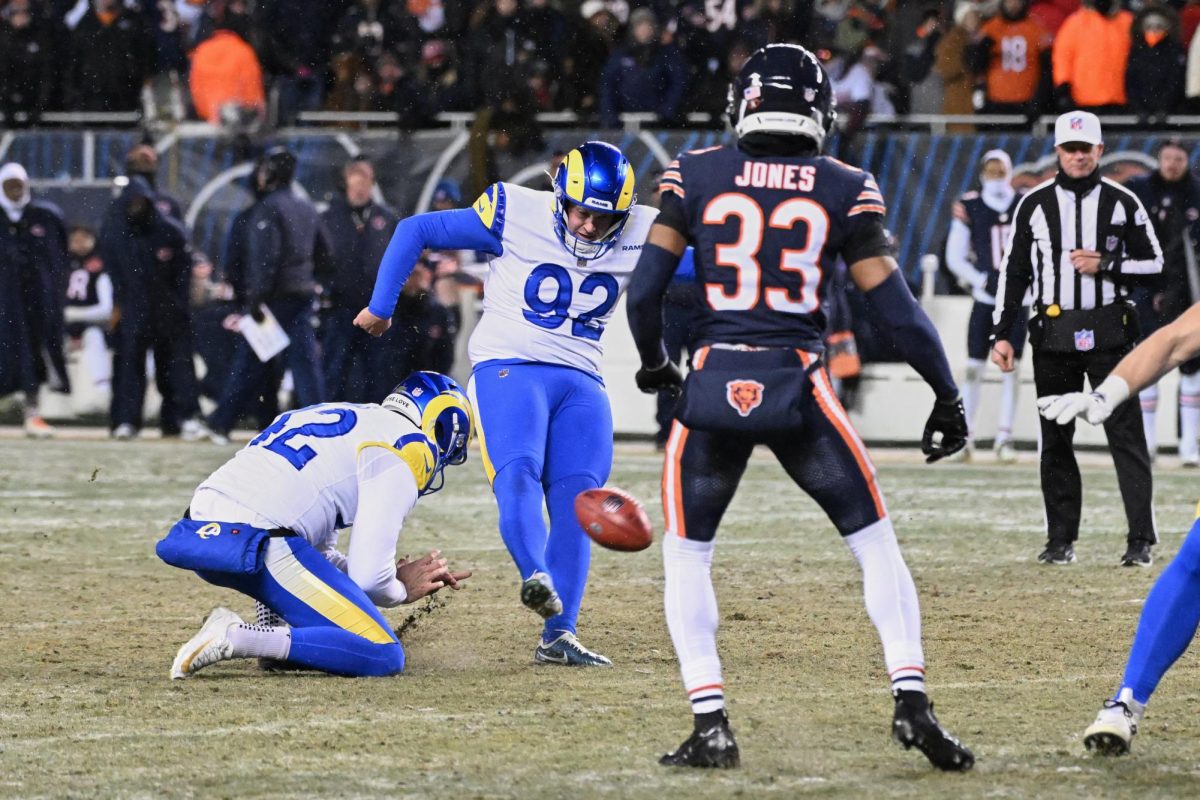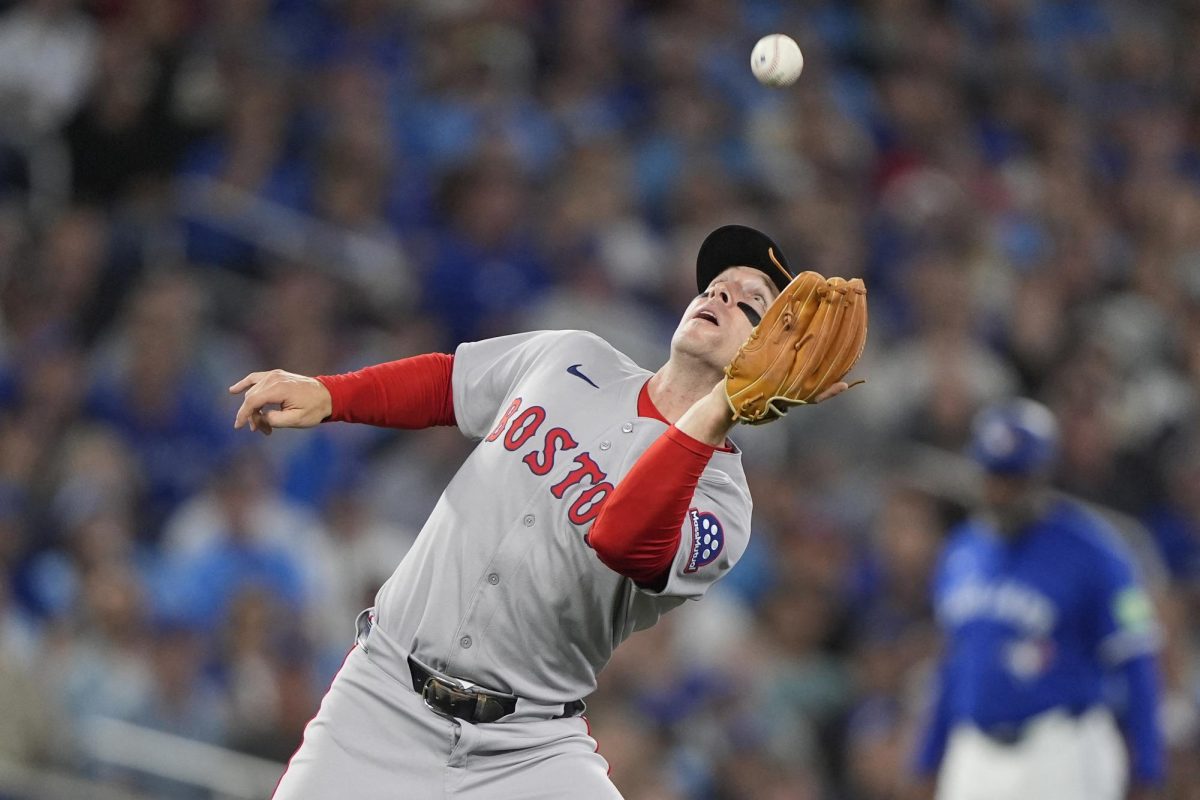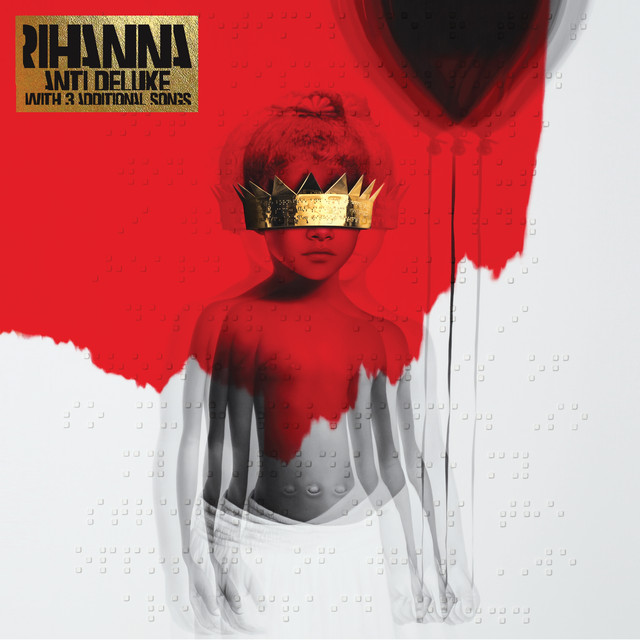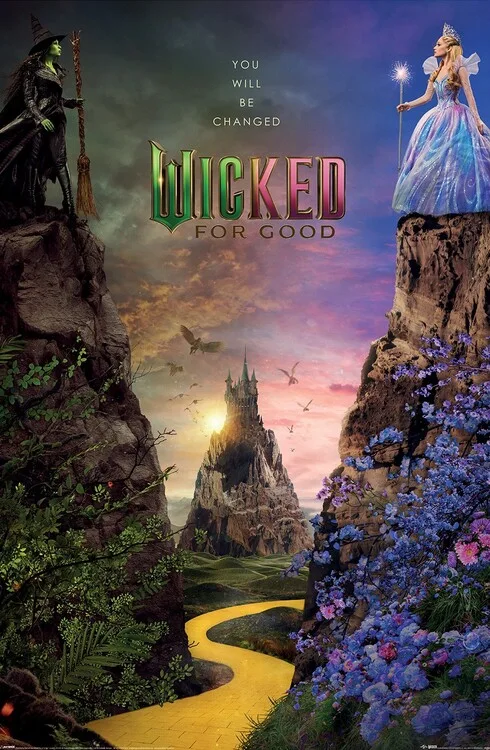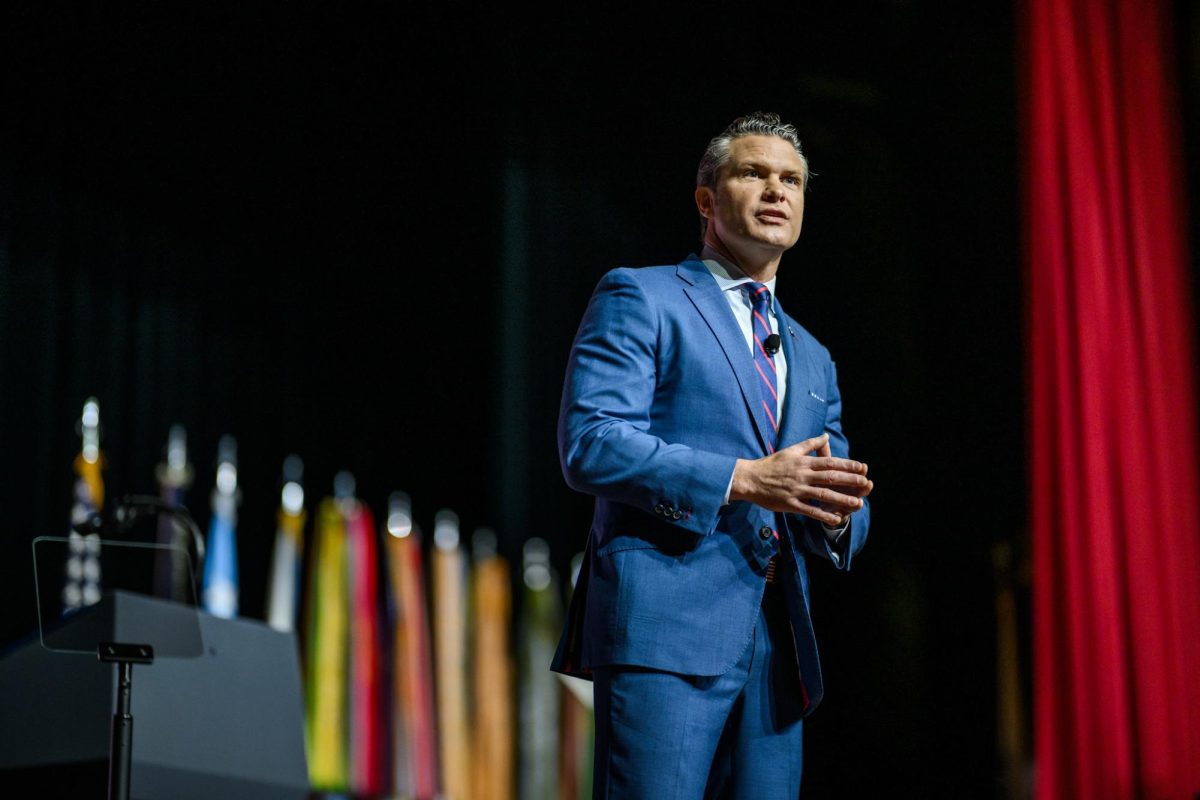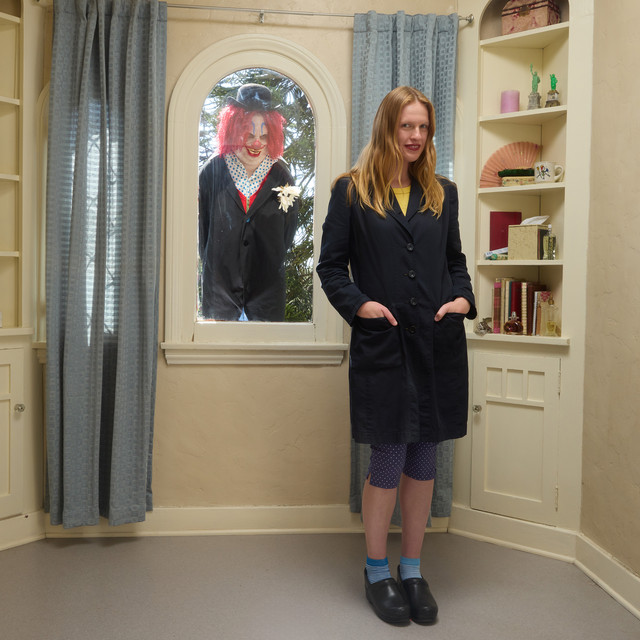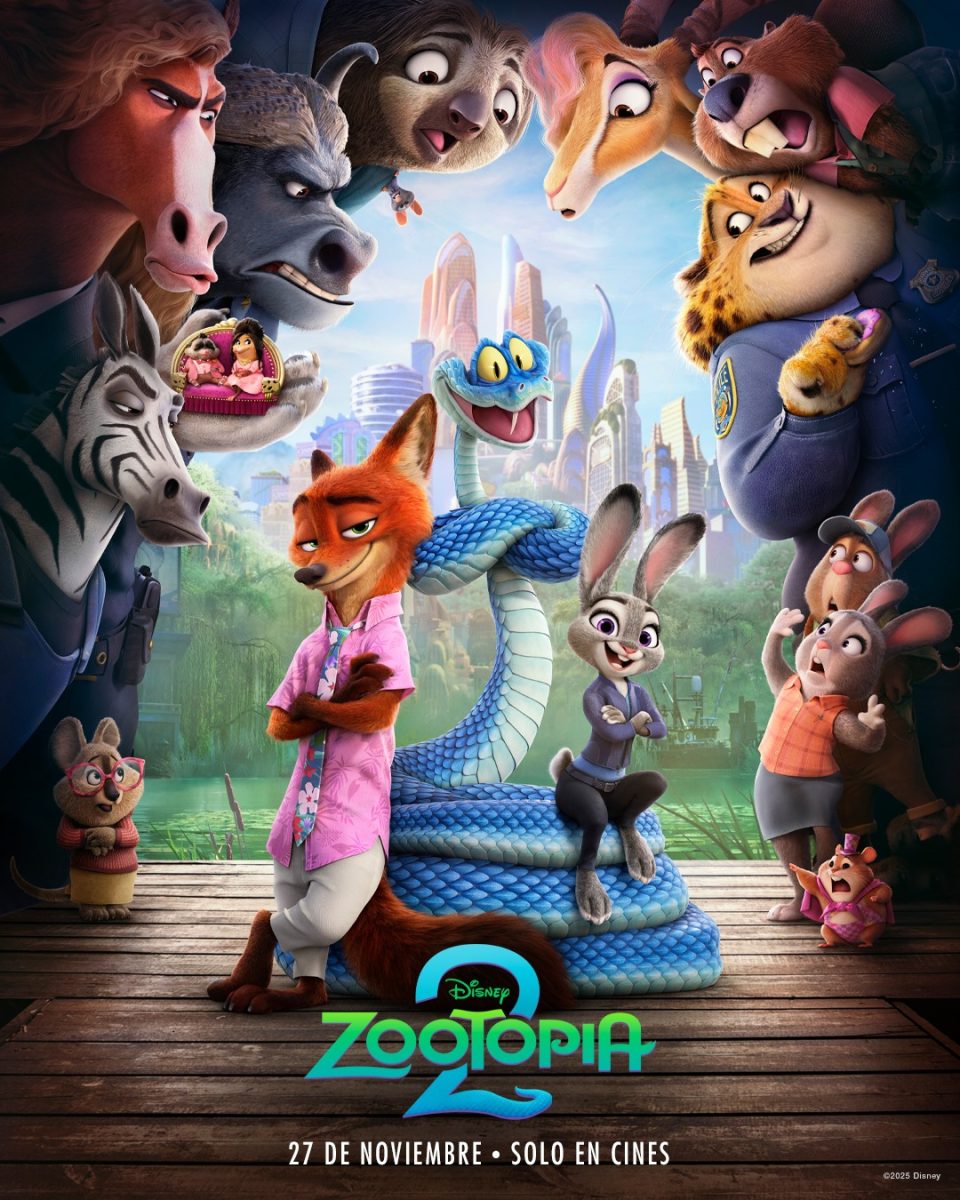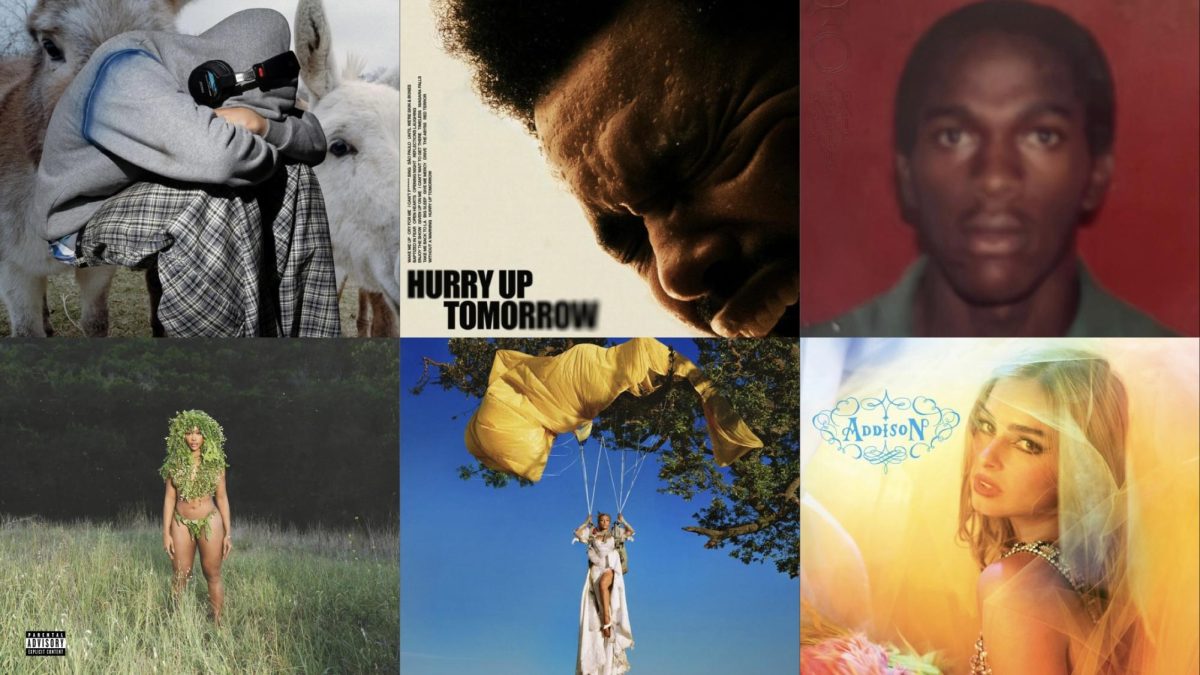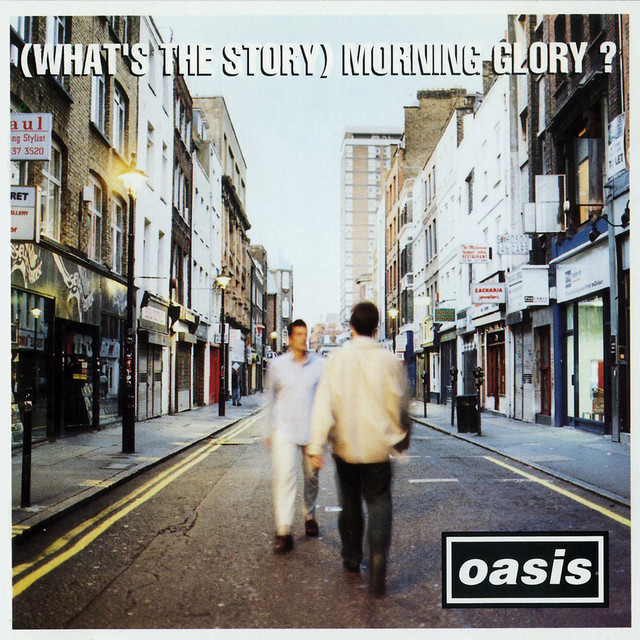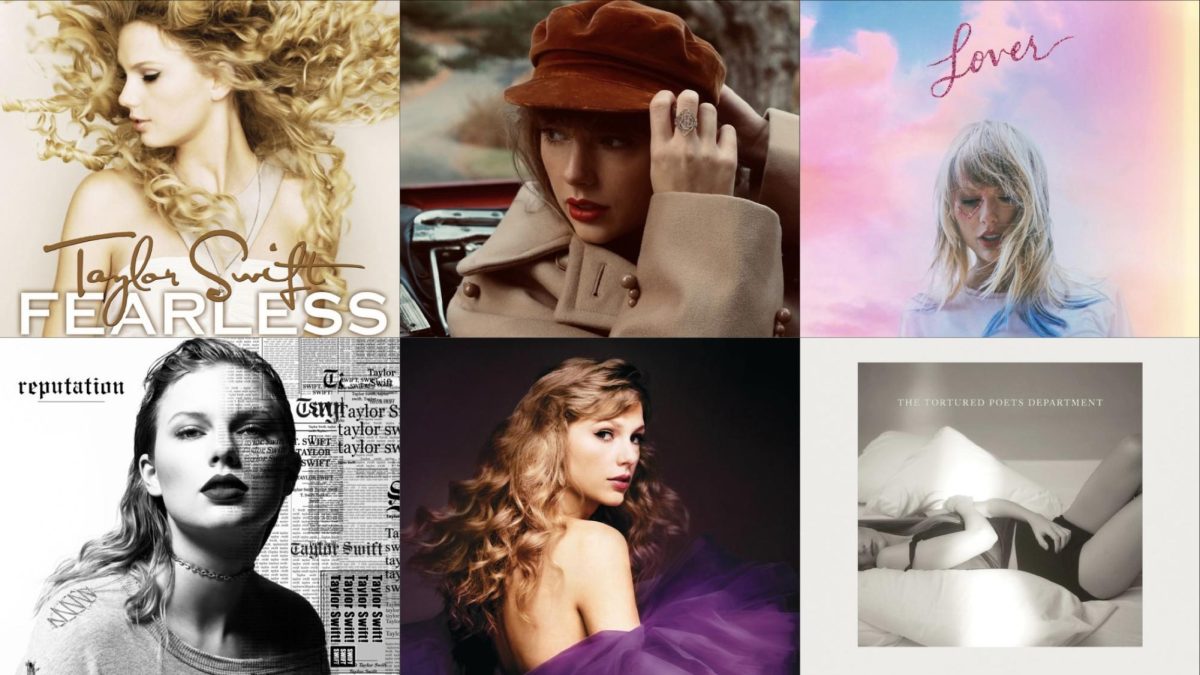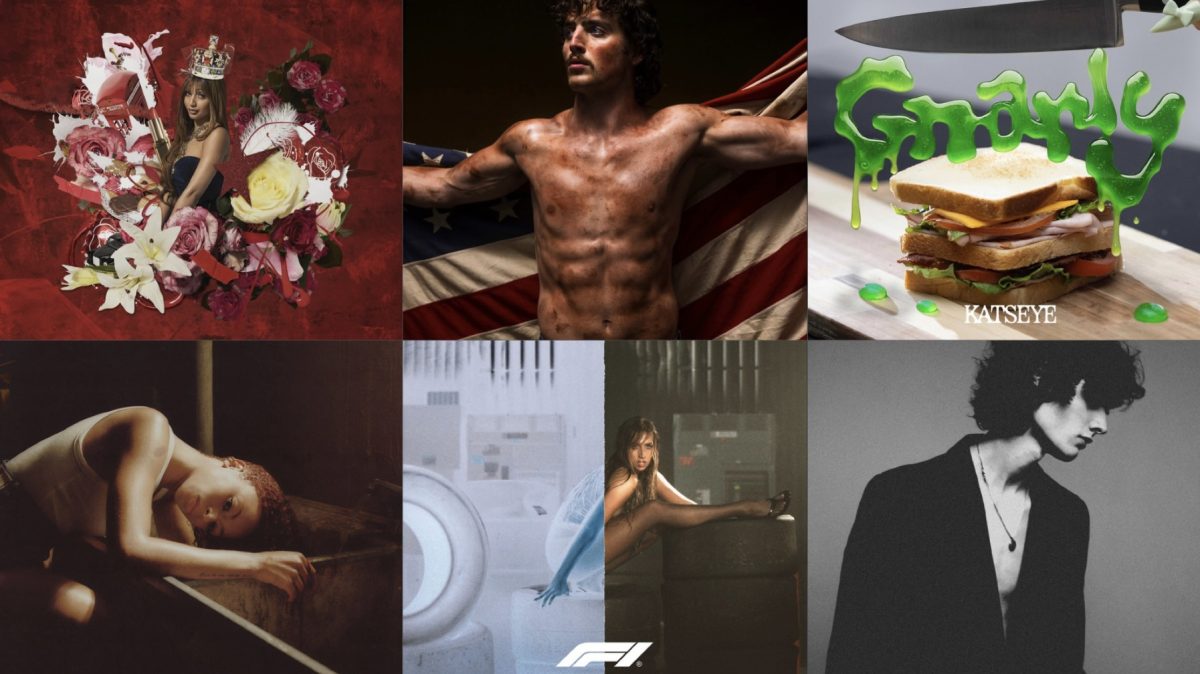Audrey Hobert’s glittering debut embraces eccentricity in all its glory — as her journal-entry style songs call out the listener a little more than they call herself out.
Most notably known for her work on Gracie Abrams’ “That’s So True,” Hobert is no stranger to the industry. Growing up with TV producer Tim Hobert as her father, pop singer Abrams as her childhood best friend, and indie R&B artist Malcolm Todd as her brother, she was always going to be a star. Until last year, she was a screenwriter for the Nickelodeon show, The Really Loud House (2022-2024), and her knack for comedy definitely shines through on this record.
The album is introduced with one of the most provocative, and somewhat inflammatory, song titles in pop today, “I like to touch people”. Upon listening, you quickly realize that she means she likes to emotionally touch people (while cleverly breaking the fourth wall) and perfectly captures her habit of saying all the wrong things at all the wrong times. At its core, the music is messy. The lyrics are imperfect, a little haphazard and oftentimes just ridiculous.
The lead and debut single from Hobert, “Sue me,” quickly went viral for its tongue-in-cheek nature, effectively introducing the energy she brings to the table. “Being a saint is exhausting, sue me I wanna be wanted,” she cries. Even though it’s real, it should not be taken seriously and many resonated with the quirky and offbeat essence that her music embodies.
Later down the tracklist, Hobert touches on her experience on how embarrassing it is to have a crush on “Thirst Trap”. We’ve all done it — rethinking our entire existence and reshaping every aspect of ourselves because of one person. In the chorus, she admits, “I’m taking thirst traps in the mirror in my room, I think I look bad so I take a hundred.” It’s so unfiltered, and such a universal experience that it feels bizarre to hear it brought up in a pop song.
If nothing else, relatability is her strong suit. Towards the end of the album, on “Phoebe”, Hobert compares herself to Phoebe Buffay from Friends (1994-2004), who is infamously the “weird” character of the core 6. Being a self-proclaimed weirdo takes so much power back and embraces her own shortcomings as a part of who she is, instead of trying to fit into a box of societal standards. “I think I’ve got a …. up face, and that thought used to haunt me, until I fell in its sweet embrace” she exclaims, creating a full-circle moment of acceptance and reframing her insecurities and “flaws”. The avant-garde comedy, the exceptionally flowy melodies, and the 2000s-pop spirit solidify Hobert as pop’s most unique up-and-comer.


